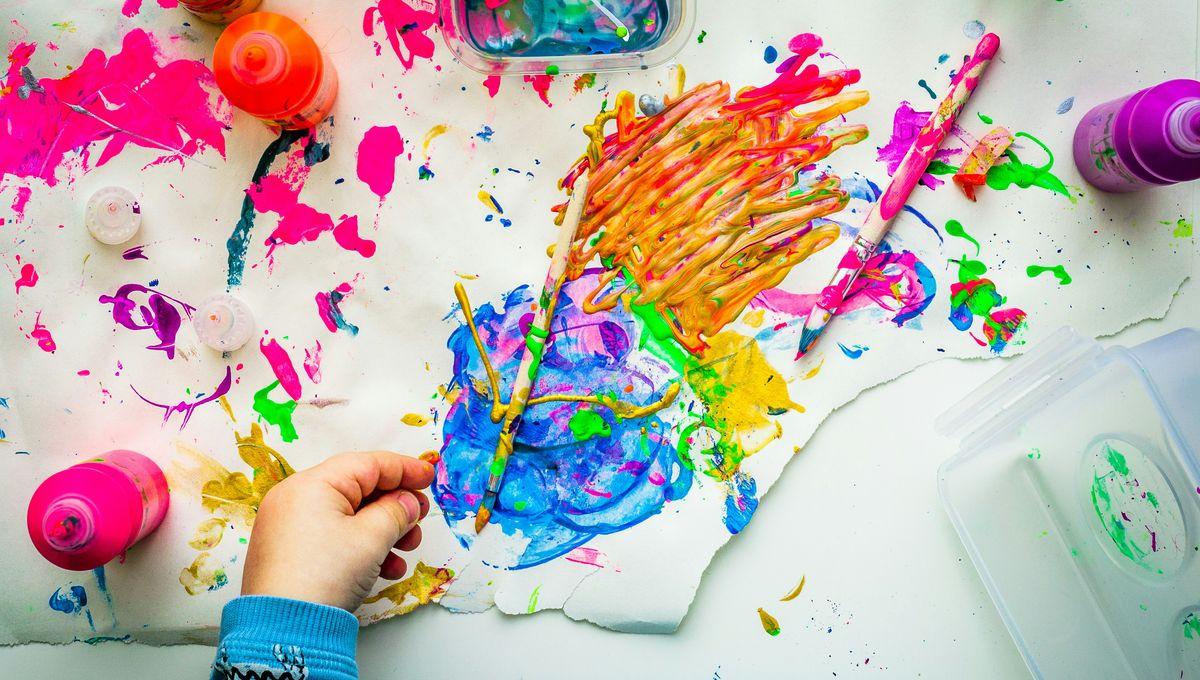-
Ροή Δημοσιεύσεων
- ΑΝΑΚΆΛΥΨΕ
-
Σελίδες
-
Blogs
-
Forum
Knitters, Artists, And Bakers Unite! Creative Hobbies Can Help Your Brain Stay Young

Knitters, Artists, And Bakers Unite! Creative Hobbies Can Help Your Brain Stay Young
Creative experiences can delay brain aging, according to new data from 1,240 people. Across a range of different creative pursuits, scientists discovered that the more people engaged in their hobbies, and the more skilled they became, the better the impact on their brain age.
The rest of this article is behind a paywall. Please sign in or subscribe to access the full content. Whether it’s learning a musical instrument or mastering a new video game, being creative can help relieve stress, provide opportunities for new friendships, and, according to a growing body of evidence, help protect brain function as we age. Even if you don’t necessarily consider yourself “creative”, you may have a hobby that falls under this category, whether it’s cooking, knitting, or learning a new language. What the research so far is missing is a complete understanding of how creative pursuits might protect the brain. To investigate this, a new study used brain clocks, which measure how far your “brain age” has deviated from your chronological age – in other words, is your brain aging more quickly or slowly than expected? A group of 1,240 people from 10 countries underwent brain scans so the study authors could collect a body of data to feed into their machine learning models. They then took these models – the brain clocks – and applied them to a dataset of 232 people who took part in one of four creative activities: tango dancing, music (singing or playing an instrument), drawing, and playing real-time strategy video games. All the creative hobbies were found to be beneficial, so it really doesn’t matter which one you choose – just pick something you enjoy. That means you’ll be more likely to stick with it, which is also good news: the participants who were the most skilled and experienced saw the greatest delay in brain aging. The group that came out on top overall was the expert tango dancers, whose brains were on average seven years younger than their chronological age. Study co-author Agustín Ibáñez explained to Nature News that this is probably down to tango’s demands on lots of brain regions, as it requires coordination, planning, and learning complicated choreography. While there was a stronger effect observed in those with the greatest expertise, the researchers were also interested to see what happens in people learning a new hobby from scratch. They trained 24 people on the video game StarCraft II, while 12 people acting as a control group learned to play Hearthstone, which is more rules-based and has less space for creative gameplay. Those who learned the more creative game saw a significant improvement in their brain clock measurements over the course of the experiment, proving – as Ibáñez put it – “You don’t need to be Da Vinci to have healthy effects.” Their scores showed an average of 3.1 years’ delay in brain age. “Creativity-related delayed brain age was especially observed in age-vulnerable regions linked to cognitive processes supporting creativity and expertise, and was associated with brain efficiency and global coupling mechanisms,” the authors conclude. As well as calling for further research, they suggest that their work could help inform initiatives like social prescribing, which aims to connect people to non-medical interventions that can improve their wellbeing. You don’t have to be a Michelin-starred chef or write the next great American novel – but if there’s a creative hobby you’ve been thinking of trying, this could be your sign to give it a go. The study is published in Nature Communications.


